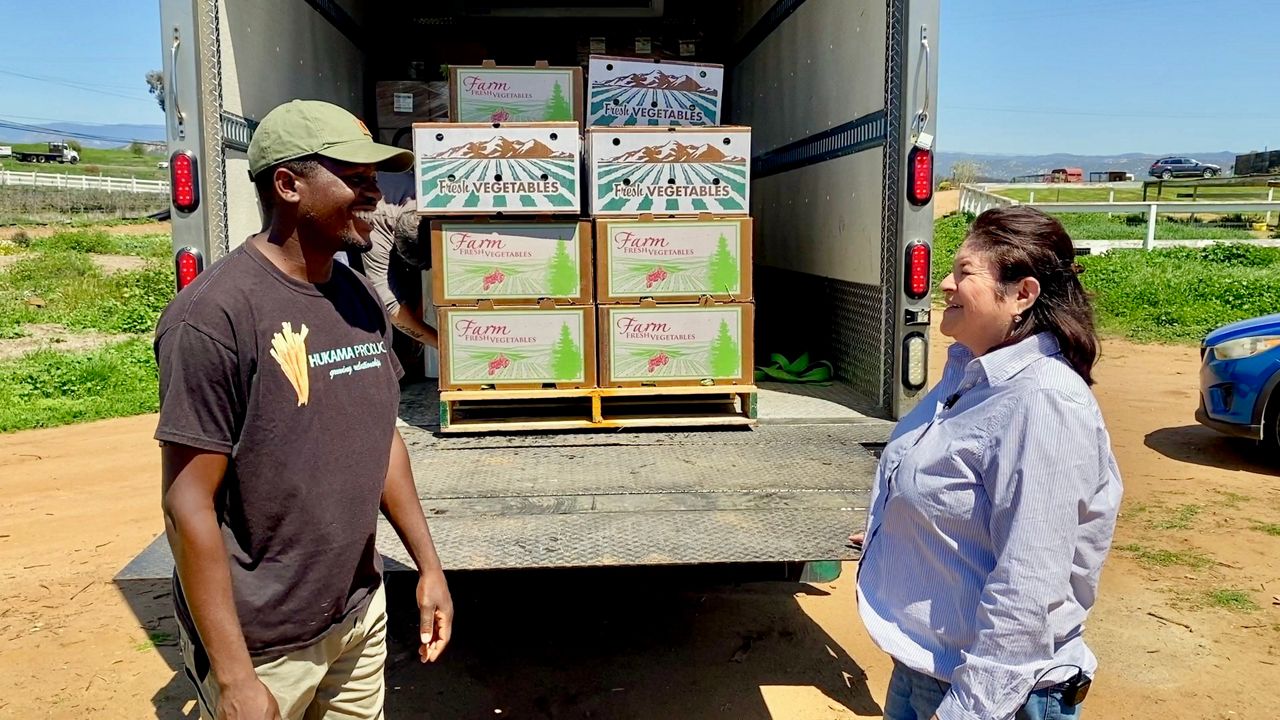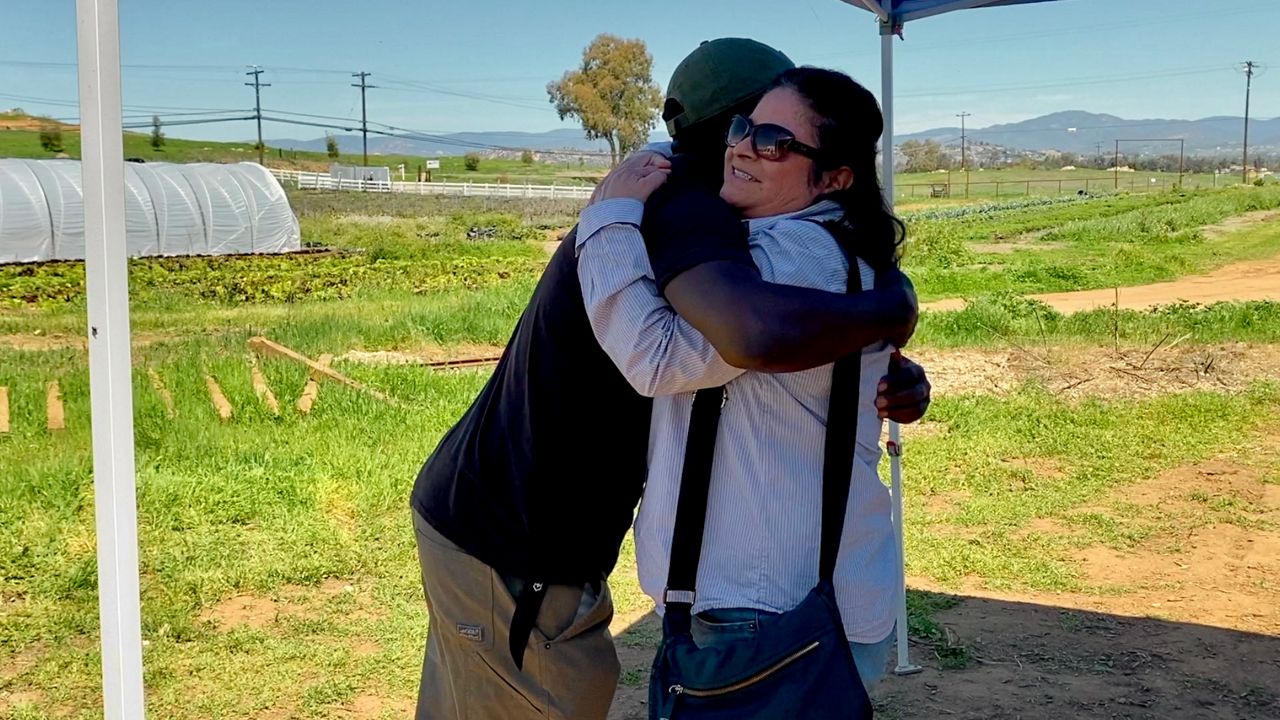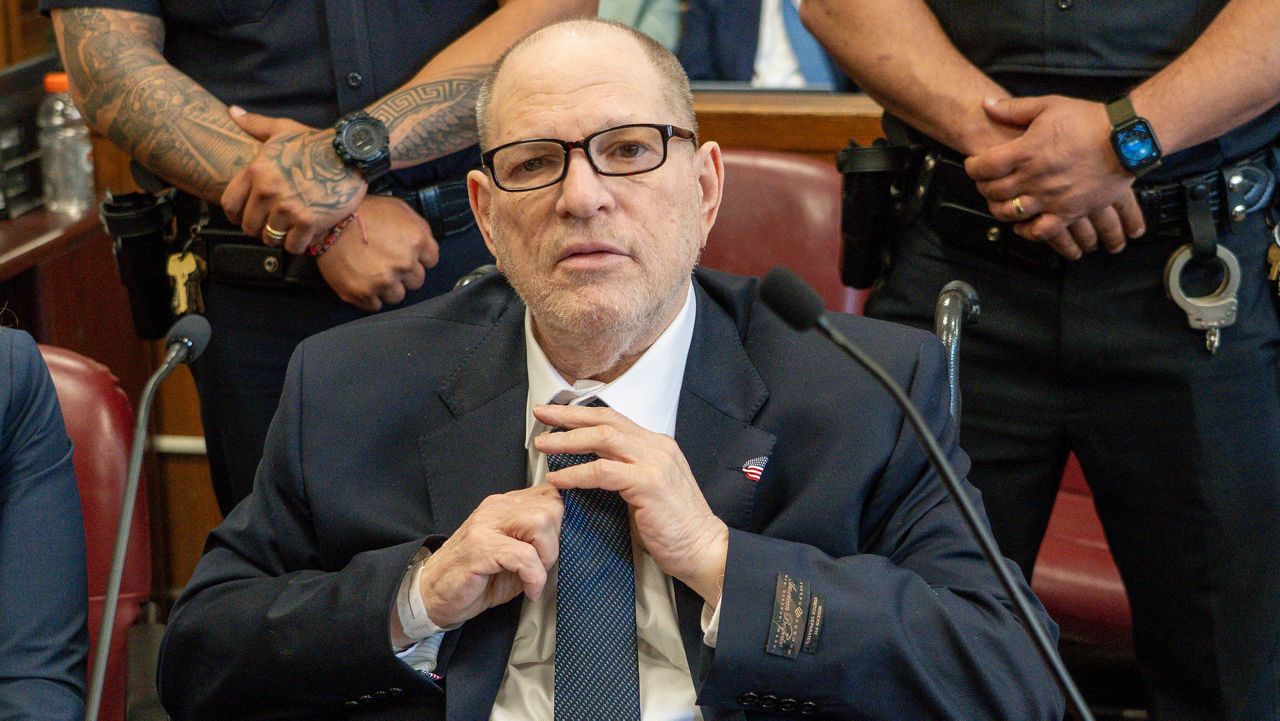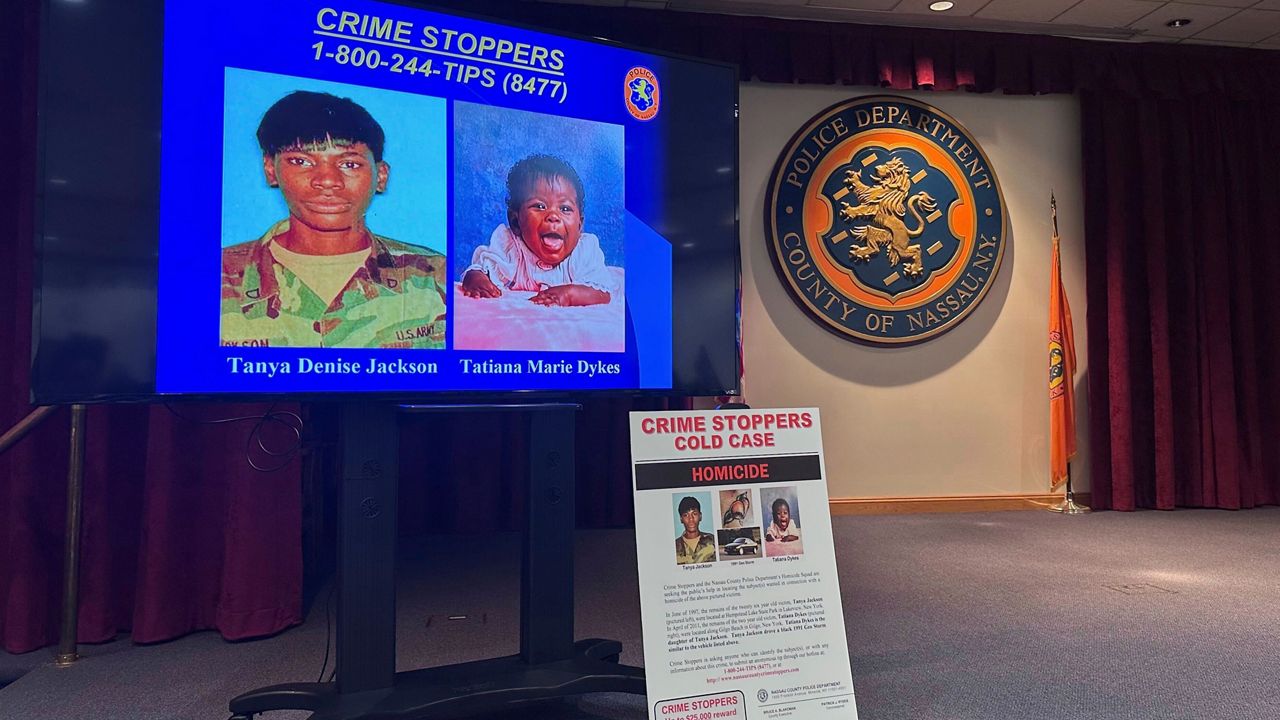SAN DIEGO, Calif. — Helping plants grow is Byron Nkhoma's passion.
But now, Nkhoma is worried his farm’s growth will be cut off.
The U.S. Department of Agriculture announced cutting millions of dollars in funding for the Local Food Purchase Assistance Cooperative Agreement Program, which was started under the Biden Administration during the pandemic.
The LFPA gave federal funds to food banks to purchase local produce from farmers and then distribute them to community members in need.

The USDA confirmed that all authorized funds for LFPA and LFPA Plus (funding rounds one and two) could be fully spent, providing relief to states and farmers who were counting on those funds for reimbursement; however, the third round of funding, known as LFPA25 and worth $500 million, has been canceled, effectively ending the national program once the original two rounds of funding are exhausted.
According to California Gov. Gavin Newsom’s office, the state was slated to receive an additional $47 million this year.
“When we heard that the program was going to be cut, our minds froze for a while, just to comprehend what that means,” Nkhoma said. “Just to have that cut in the revenue, the LFPA for us as a small farm, the revenue is way more than 60%. And so it’s like going back and going backwards.”
A spokesperson for the USDA said that while the pandemic is over, the USDA has not and will not lose focus on its core mission of strengthening food security, supporting agricultural markets, and ensuring access to nutritious foods.
They stated that last month, the USDA released over half a billion dollars in previously obligated funds for LFPA, LFPA Plus and LFS (Local Food for Schools Cooperative Agreement) to fulfill existing commitments and support ongoing local food purchases.
One year ago, Nkhoma celebrated the stability the program gave to his farm, Hukama Produce.
He said they used to sell exclusively at farmers’ markets, which was unreliable when it came to making money. Because of the program's success, he has been able to build more infrastructure on his farm over the last year, like seedling tunnels and shade structures, to help his crops grow better.
In a statement, a USDA spokesperson said “The Biden Administration inflated statutory programs with Commodity Credit Corporation dollars without any plans for long-term solutions, and even in 2024, used the pandemic as a reason to make funding announcements. The Department’s own data shows California has over $63 million in unspent local food purchasing funds.”
They went on to say that the “Department will continue to use its procurement authority to support producers and consumers where appropriate, and with 16 nutrition programs under its purview, ensure families continue to have access to affordable and abundant food.”
Nkhoma expects the funds to last until October before he needs to have a new plan in place.
“It’s a big hit for us small farmers. It’s a big cut in the revenue and that means we have to cut a lot of things as well in our day-to-day running,” he said.
Leticia Rodriguez is the sourcing manager at Feeding San Diego, a hunger relief and food rescue organization. She says they have worked closely with over 20 local farms through the current LFPA allocation, injecting hundreds of thousands of dollars into the local economy. She says not only have they distributed over 230,000 pounds of fresh produce grown locally, but they’ve also been able to support socially disadvantaged farmers.
“Why would we want to cut something that is a win-win,” Rodriguez said. “This program helped them build their infrastructure. It helped us get a variety of produce. It helped eliminate the cost of produce coming out of San Diego when we have it here.”
Rodriguez says farm purchases through the LFPA program make up less than 2% of the total pounds they distribute each month, so Feeding San Diego will still be able to continue serving the community uninterrupted even with the cancellation. She says they’re trying to figure out how to continue supporting local farmers without the additional funding.
“It will be very challenging to support at that scale,” Rodriguez said. “And how do we choose which growers to support when they all need us?”

Despite the setback, Nkhoma is hopeful he will someday see policies that create strong food systems to feed communities.
“Supporting the small farmers, we need that support. And we need communities that understand that the local grown food is best,” he said.
California Gov. Gavin Newsom sent an urgent appeal to the USDA, calling the cuts “irrational and malicious.”
Gov. Newsom state in 2024 alone, California’s LFPA Program allocated the California Association of Food Banks, CDSS’s largest LFPA partner, over $22.3 million to provide local healthy food and 18,647,546 meals to food-insecure Californians.












